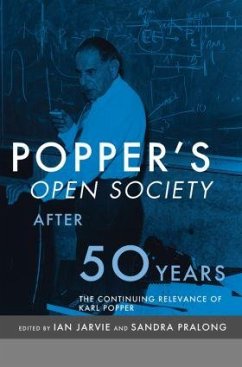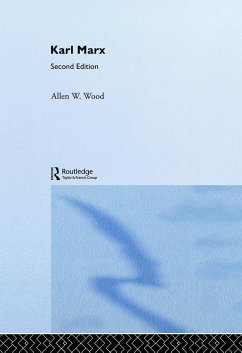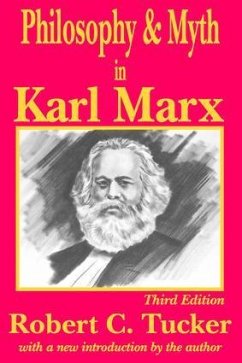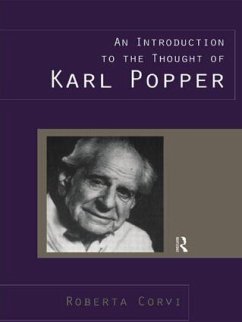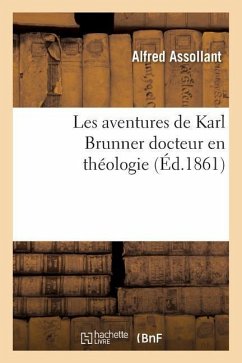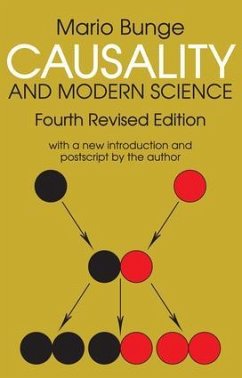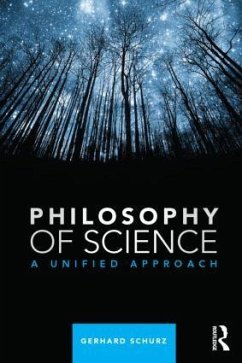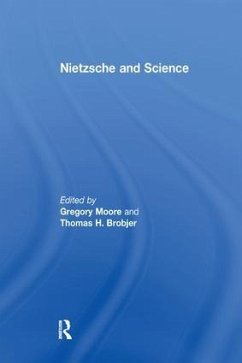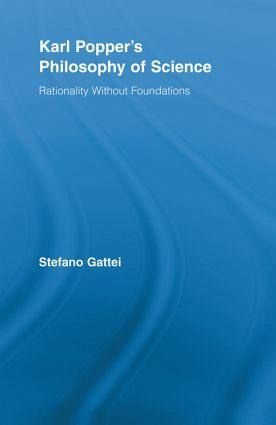
Karl Popper's Philosophy of Science
Rationality without Foundations
Versandkostenfrei!
Versandfertig in 1-2 Wochen
69,99 €
inkl. MwSt.
Weitere Ausgaben:

PAYBACK Punkte
35 °P sammeln!
This book seeks to rectify misrepresentations of Popperian thought with a historical approach to Popper's philosophy, an approach which applies his own mature view, that we gain knowledge through conjectures and refutations, to his own development, by portraying him in his intellectual growth as just such a series. Gattei seeks to reconstruct the logic of Popper's development, in order to show how one problem and its tentative solution led to a new problem.






